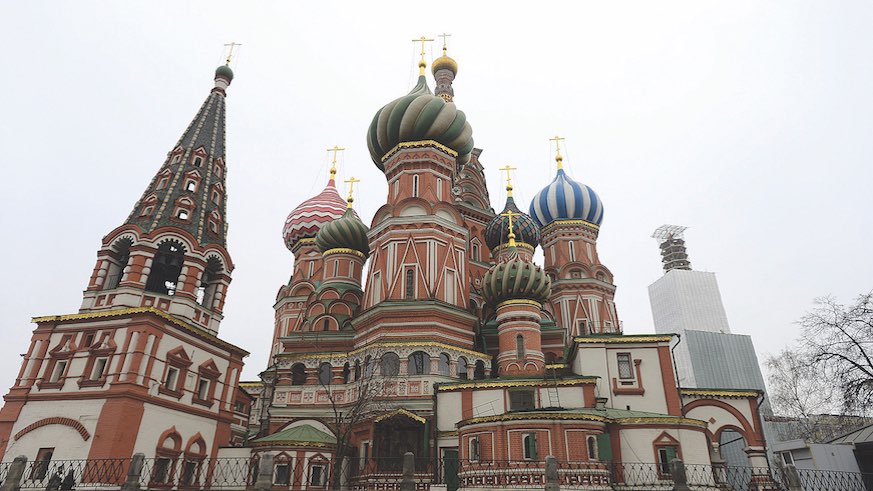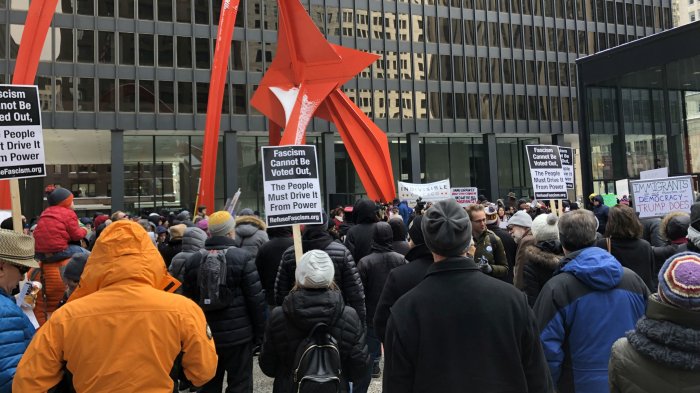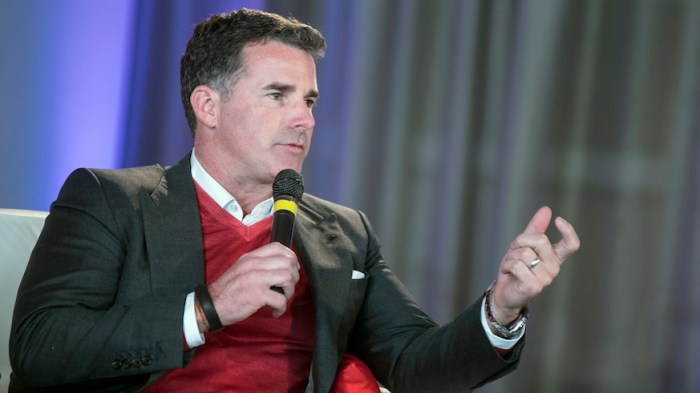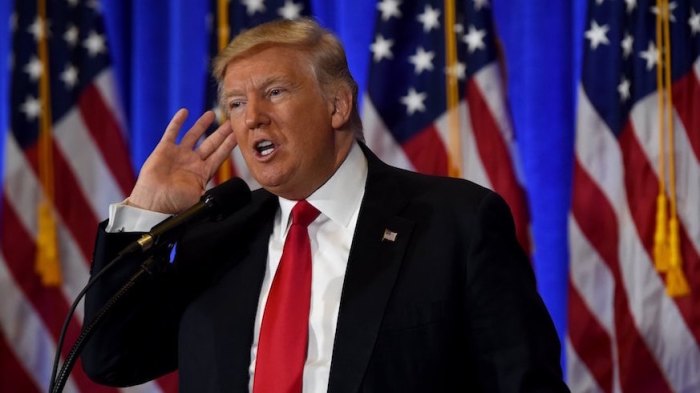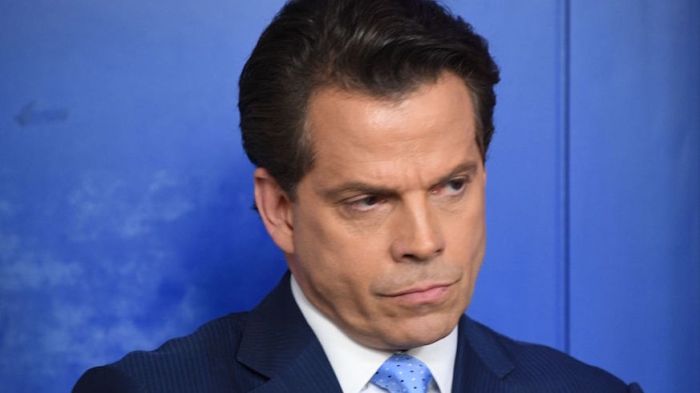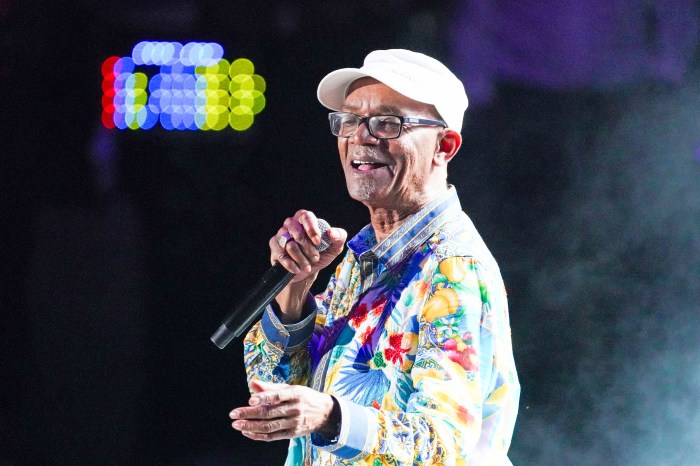President Trump is not fond of shaking hands, claims his political rallies are always “yuge,” and apparently believes he really won the popular vote despite overwhelming evidence to the contrary. And in that same iconoclastic way, he is once again raging about the “hoax” of Russian interference in the U.S. election. Oh sure, the FBI, the CIA and the NSA all say the Kremlin was leaning on the scales to help Trump and to hurt Hillary Clinton. And yes, plenty of independent intelligence analysts believe those assessments. Still, the president insists Clinton lost entirely because she ran a bad race and he ran a better one; the Russians had nothing to do with it.
But it looks like most Americans now think he’s wrong.
A new CNN poll by SSRS found 54 percent of those surveyed believe “it’s very or somewhat likely that … Russia-backed content on Facebook or other social media affected the 2016 presidential vote.” As you might expect, the partisan divide is deep. Republicans are far, far more skeptical than Democrats. But independents tilt toward the Dems on this one, with 55 percent accepting the idea of Russian meddling. While “affected” is admittedly a vague word, the implication is clear: They don’t believe claims that this is all some nefarious hoax against Donald Trump perpetrated by political opponents, the news media or anyone else … for example, Kim Jong Un.
To be clear, even the Democrats have a lot of doubts about whether any voters changed their minds about whom to back based on these shenanigans. Clinton thinks Team Trump was colluding with the Moscow crowd, but whether she would have won without Russian meddling is unknowable. Even if you could interview each of the 128,838,341 people who voted (take your time … I’ll wait) they would all have to be honest about their motivations – and many would candidly not know why they finally voted as they did.
But grappling with and investigating the Russian activity is not about arguing, delegitimizing or litigating the past election. It is about securing the future of our electoral process. And whether the president agrees or not, most of us think that means looking very closely at how the Russians got in – and how we can keep them out.

